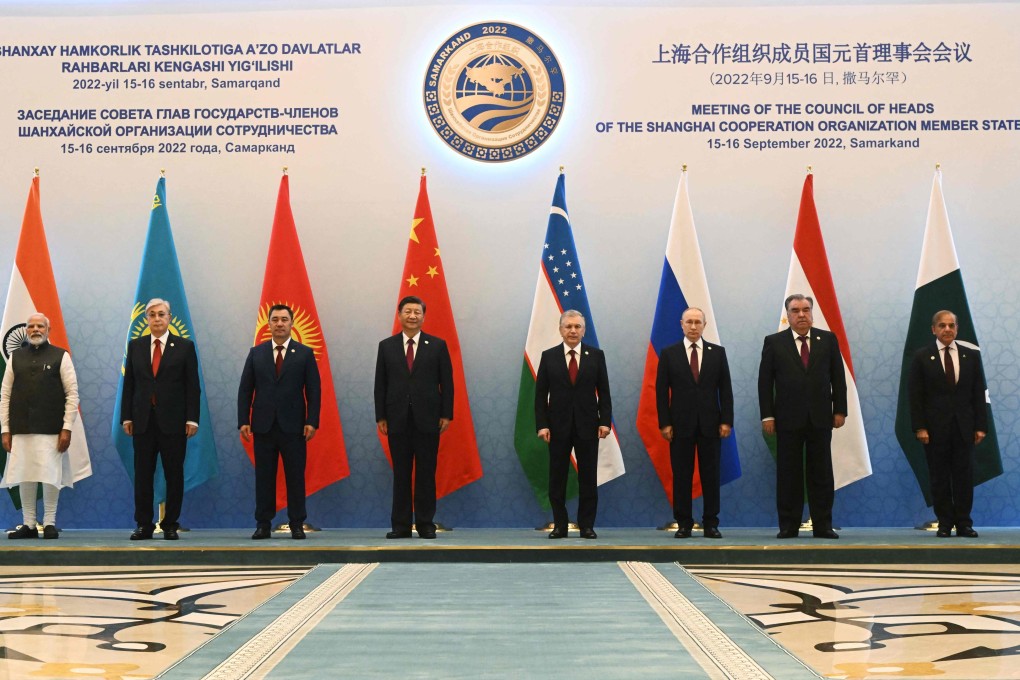Advertisement
Global Impact newsletter: Xi Jinping heads overseas for the first time in 2.5 years as historic third term looms at 20th party congress
- Global Impact is a fortnightly curated newsletter featuring a news topic originating in China with a significant macro impact for our newsreaders around the world
- In this edition, we look at the significance of Xi Jinping’s trip to Kazakhstan and Uzbekistan coming a month before the 20th party congress in Beijing
Reading Time:7 minutes
Why you can trust SCMP

As President Xi Jinping set foot outside China for the first time in two and a half years this week, preparations for the 20th party congress in mid-October are in their final phase.
In fact, two of the seven members of China’s all-powerful Politburo Standing Committee, Xi and legislature head Li Zhanshu, are conducting their foreign trips just four weeks before the twice-a-decade congress. Li started his 11-day trip, that also included Mongolia, Nepal and South Korea, in Russia last week, where he met Russian President Vladimir Putin.
The 20th National Congress of the Communist Party, which is set to begin on October 16, is also arguably the party’s most important in 40 years, with Xi expected to secure a third term as general secretary, as the party ushers in a new line of leadership.
Advertisement
Xi will be the first person to serve as party chief for a third five-year term since the death of Mao Zedong in 1976, bending the retirement norms accumulated in the following decades.
By stepping out only four weeks before the congress, Xi is displaying clear confidence in his power and status domestically after Beijing announced the date of the congress in late August, signalling the smoothness of the preparations.
Advertisement
The date lands right in the middle of the estimated time frame, and is almost identical to the date of the last congress in 2017.
Advertisement
Select Voice
Choose your listening speed
Get through articles 2x faster
1.25x
250 WPM
Slow
Average
Fast
1.25x
